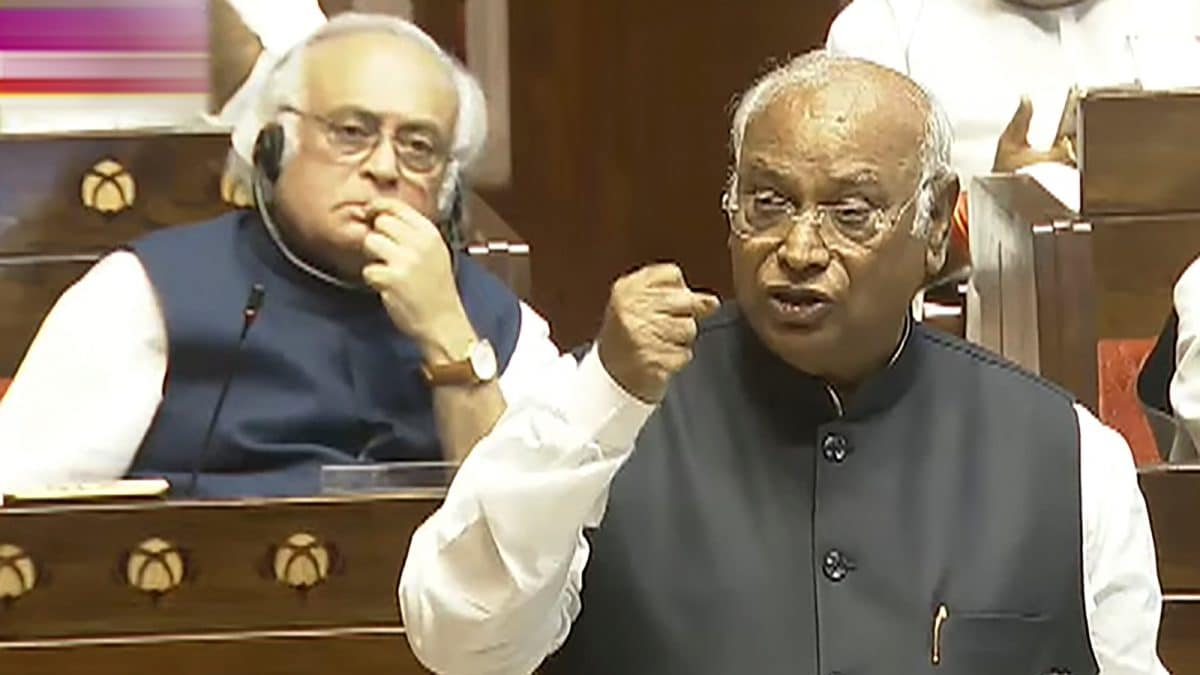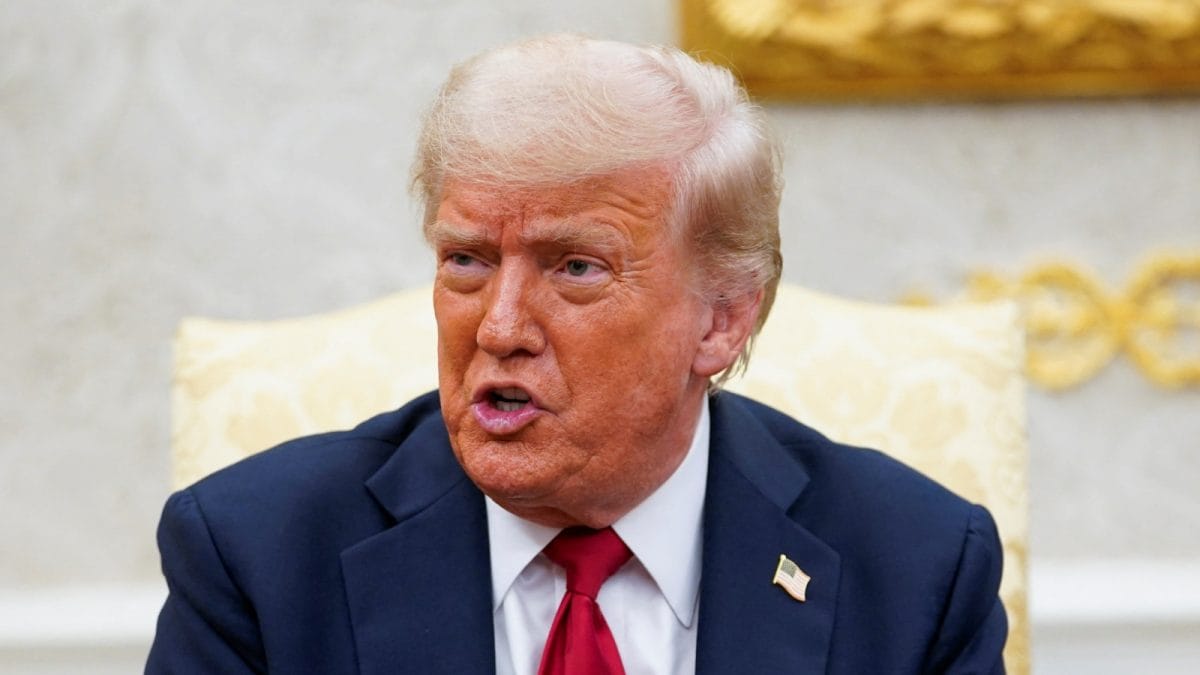ARTICLE AD BOX
Last Updated:August 05, 2025, 10:45 IST
During Trump's earlier term, with the backing of several advisers, the US had encouraged global purchases of Russian oil to help maintain price stability in international markets.

US President Donald Trump. (AP file photo)
US President Donald Trump appears to be treading a precarious path by threatening higher tariffs on India over its oil trade with Russia. His recent remarks have drawn criticism, especially as they ignore a key reality: during his earlier term — and with the backing of several senior advisers — the US had itself encouraged global purchases of Russian oil to help maintain price stability in international markets.
Russia remains one of the world’s top oil producers. While nations like Iran and Venezuela face sweeping sanctions, Russia has not been subjected to a comprehensive embargo on energy exports. Even US officials recognise this strategic gap. Former US Ambassador to India Eric Garcetti had acknowledged the complex dependence on Russian oil, and in early 2024, External Affairs Minister S Jaishankar firmly pushed back against Western double standards at the Munich Security Conference — pointing out that many Western countries were themselves buying Russian oil, some even rerouted through third countries like India.
India has consistently maintained that it is not in violation of any international law. Russian oil is not sanctioned, and if such sanctions are imposed multilaterally, India will comply. But until then, it will continue to act in its national interest. The reasoning is pragmatic: cutting off Russian oil supplies would cause global oil prices to surge, disproportionately hurting economies like India.
Today, India sources crude oil from approximately 41 countries. Russia accounts for around 30–35 per cent of that supply, followed by Iraq at about 15 per cent. Other key suppliers include Saudi Arabia, the UAE, the US, and Kuwait, each contributing between 5–8 per cent, with smaller shares coming from other nations. The pivot to Russian oil was not ideological but economic — it was cheaper, offered deep discounts, and was available under a $60 per barrel price cap, which made sense for domestic energy security.
President Trump’s tariff threat may play to a domestic political audience, but for India, the message is clear: the country will not compromise its strategic autonomy or energy needs. India’s foreign policy is shaped by its own priorities — and as officials have repeatedly asserted — it will not yield to pressure, regardless of how powerful the source.

Pallavi Ghosh has covered politics and Parliament for 15 years, and has reported extensively on Congress, UPA-I and UPA-II, and has now included the Finance Ministry and Niti Aayog in her reportage. She has als...Read More
Pallavi Ghosh has covered politics and Parliament for 15 years, and has reported extensively on Congress, UPA-I and UPA-II, and has now included the Finance Ministry and Niti Aayog in her reportage. She has als...
Read More
- Location :
- First Published:
August 05, 2025, 10:45 IST
News india Donald Trump On Slippery Slope On Tariff Threats To India Over Russian Oil?
Disclaimer: Comments reflect users’ views, not News18’s. Please keep discussions respectful and constructive. Abusive, defamatory, or illegal comments will be removed. News18 may disable any comment at its discretion. By posting, you agree to our Terms of Use and Privacy Policy.
Read More



.png)
.png)
.png)
















 2 hours ago
4
2 hours ago
4








 English (US) ·
English (US) ·